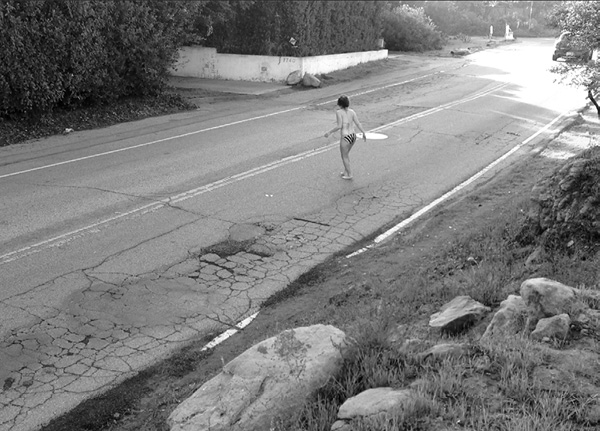
NOTHING BUT A PROBLEM TO BE SOLVED BY ENTHUSIASM (THIS IS WHAT DADDY DOES)
first performed on May 11, 2012
THE WULF, LOS ANGELES, CA
performed fourteen times in 2012
TRACY JEANNE ROSENTHAL
Sierra Sparks, Michael Stevenson JR., Sunny Cho, Rudy Dieudonne, B. Avery Syrig, Willian Head, Emily Smith, Laura Smith, Krystal Redding, Michael Downie
Los Angeles, CA
286757415t286757415r286757415a286757415c286757415y286757415j286757415e286757415a286757415n286757415n286757415e286757415r286757415o286757415s286757415e286757415n286757415t286757415h286757415a286757415l286757415@286757415g286757415m286757415a286757415i286757415l286757415.286757415c286757415o286757415m
tracyjeannerosenthal.com
NOTHING BUT A PROBLEM TO BE SOLVED BY ENTHUSIASM (THIS IS WHAT DADDY DOES)
TRACY JEANNE ROSENTHAL
On March 15, 2012, Jason Russell, evangelical Christian, founder of Invisible Children and director of Kony 2012, paraded through the streets of San Diego, naked, flailing and incoherent. A 12-second video circulated on Youtube documenting Russell as he shouted “fuck you Devil” and beat the pavement with his fists. For “Nothing But a Problem to Be Solved by Enthusiasm (This Is What Daddy Does),” I re-performed Russell’s public breakdown. The performance’s title exposes the two-fold impetus for the work: situating Russell’s covert racism and out-and-out paternalism into an artistic context, repeating his gestures as a form of metonymic critique. The performance hails to contemporary debates surrounding Kony 2012 and the “white savior industrial complex.”
The white-savior industrial complex, as Teju Cole coined and commented, is an industry of charity and sentimentality which figures Africa as “the backdrop for white fantasies of conquest and heroism,” empowering white Americans to design and implement solutions to Africa’s problems on behalf of, and in place of, Africans. The white savior industrial complex condenses constellational, systemic thinking about racial and economic justice into small, re-producible slogans and big emotional experiences. Showing before and after (frowning to smiling) pictures of African children in the viral Kony 2012 advocacy video, Russell coos to his four year old son, “this is what Daddy does.” “This is what Daddy does” were the only words used in the performance—whimpered, screamed and moaned over pacing, heaving, rolling and masturbating. The imbrication of this verbal text onto the physical text of Russell’s breakdown served to uncover the subtext of the Kony 2012 campaign: the masculine and racialized rhetoric of American paternalism. I stripped into an American Flag bikini for the performance, attempting to use my own white, female body to short-circuit the oppressive gendered, racial and national logics at work in Kony 2012.
While resounding with these critiques, the performance also grapples with the real human pathos of shattered idealism. Presenting this breakdown live—with the sound of hands slapped on concrete, the breath of an exhausted body and the movement of one seemingly possessed by madness—attempted to cut through the emotional distance enabled by the video’s online circulation, short-circuiting affective and intellectual responses. The performance’s second iteration on Mulholland Drive (7721 Mulholland Drive for Los Angeles Road Concert’s Mulholland Dérive) engaged passersby as well as audience members, resulting in the same ending as Russell’s own breakdown: the arrival of the police.